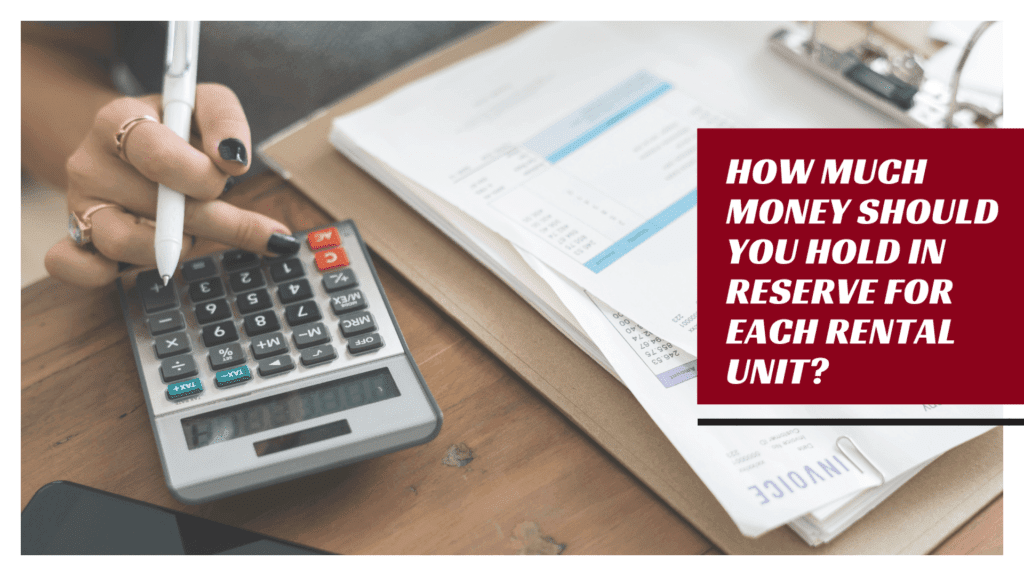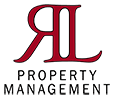
 RL Property Management generally recommends that rental property owners hold at least 6 months worth of rent in reserve for each unit that they own. Your goal is to be prepared when you need a new $5,000 HVAC system or a $9,000 roof or a new $1,200 refrigerator.
RL Property Management generally recommends that rental property owners hold at least 6 months worth of rent in reserve for each unit that they own. Your goal is to be prepared when you need a new $5,000 HVAC system or a $9,000 roof or a new $1,200 refrigerator.
This article will discuss this topic in more detail. Key points to consider are as follows:
-
Reserves amounting to six months of rent is really only a starting point. These funds should be set aside when you purchase the unit and be considered at that time as a cost of purchase. Each year thereafter you should add to these reserve funds. A couple recommended ways to calculate the funds you should add to your reserve each year are as follows (there may be other ways to do this):
-
The depreciation rate. That’s right. Whatever your annual IRS depreciation rate is should be added to your reserve each year. The caveat here is that if you spend on a capital improvement during the year, you should discount this spending from the amount you add to your reserves. The reason the IRS allows you to deduct depreciation from your cash flow is because they anticipate that you will actually need to spend that money.
-
Calculate the actual annual capital improvement needs of each unit by completing a capital spending study. This involves determining the age of all components inside your home, estimating the remaining life-span of these components, estimating the cost of replacement and then summarizing this in a annual spending/savings rate. You will set aside this estimated need each year, discounting your annual savings rate by any capital spending.
-
-
If you have multiple units, you can consider reducing the “6 months of rent” reserve rule. For example, if you have 5 units renting at $1,000 a month rent, there likely is not a reason to have $30,000 sitting around all the time.
-
Completing a capital spending study as described above will help you determine what would be the largest expenses and when they might occur. Additional effort on a capital spending study can also show you which year in the future you will likely need to spend the most on the unit.
-
You will also need these reserves to complete turns. Our experience is that turns generally cost anywhere from 1 to 4 months of rent just for the repairs and improvements. Mortgages and other recurring expenses while vacant adds additional reserve needs.
-
Capital spending needs can be things that you never even thought about. New fireplace liner, removing several large trees, a new driveway, replacing the overhead garage door, installing a new main waterline or sewer line, installing new insulation, yard drainage, replacing expensive shower valves, sump pump systems, etc.
-
Remember that all capital expenses add to your tax basis for the property. This works to reduce your capital gain and depreciation recapture tax.
-
Spending big money on your unit can be painful, but keep in mind that you are not throwing money to the wind. You end up with a brand new component at the property that is going to serve you and the renters well for many years to come.
If you are looking for a property management team that has several decades of experience dealing with nothing but property management including the issues described above, do not hesitate to reach out to RL Property Management Group. Contact Us Here.
RL Property Management Group, the only property management company in Columbus started and run by engineers. Our clients enjoy a premium property management experience without paying a premium price. RL Property Management is designed to provide our clients reliability and performance.
